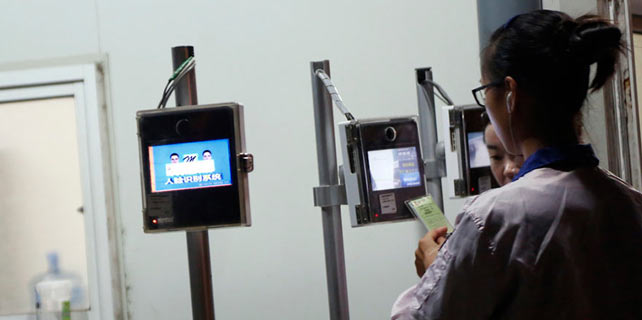Cooperation 'urgent' for intl disputes
Countries along Belt and Road routes urged to improve their case handling
China's top court called on countries and regions along the routes of China's Belt and Road Initiative on Tuesday to increase judicial cooperation and improve the quality of foreign-related hearings by setting up legal research bases and information centers.
In the past, cross-border disputes relating to trade, infrastructure construction, maritime issues and international logistics were mainly solved by mediation and arbitration.
"But such solutions may not be enough as the Belt and Road Initiative progresses," said Liu Guixiang, a member of the judicial committee of the Supreme People's Court.
The initiative, proposed by President Xi Jinping in 2013, has brought more trade contracts to the countries and regions involved, but also disputes.
Figures from the top court show that Chinese courts concluded 25,916 foreign-related cases in 2016, up 9.3 percent year-on-year, with ones related to the initiative increasing rapidly.
"Joining hands with the countries and regions to study initiative-related cases is important, while building a quick, transparent and convenient system to solve cross-border disputes is urgent," Liu said during the Silk Road International Forum on Judicial Cooperation in Dunhuang, Gansu province.
"Also, we are about to establish a work mechanism to help the participants in the initiative understand each other's rulings and laws, ensuring that our verdicts can be approved and enforced," he said. Irina Gorshkovskaia, a judge from Kyrgyzs tan, said that applying for judicial assistance and taking the proper steps in a case is complicated, which may slow the dispute resolution process.
It is necessary to make legal treaties with countries that are proficient in handling cases, she said, which will contribute to improving legal efficiency in China.
Since last year, the top court has undertaken efforts to improve the efficiency and quality of case handling using international judicial assistance, where other countries' courts will provide any information they possess to help resolve cases.
Thanks to an internal online system created by the top court to help follow and resolve lawsuits, Chinese courts concluded 2,967 lawsuits brought for judicial assistance in 2016, up 34.2 percent year-on-year, Liu said.
"We also cooperated more with Chinese colleges, providing our judges with more convenient ways to search for foreign laws, as well as opening a website for them to trace and study foreign-related cases and hot issues in other countries," he added.
Liang Mingyuan, president of the Gansu High People's Court, added that initiative-related judicial cooperation should be expanded to the fight against terrorism, human trafficking and drug crimes.









